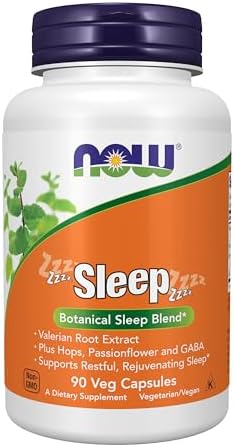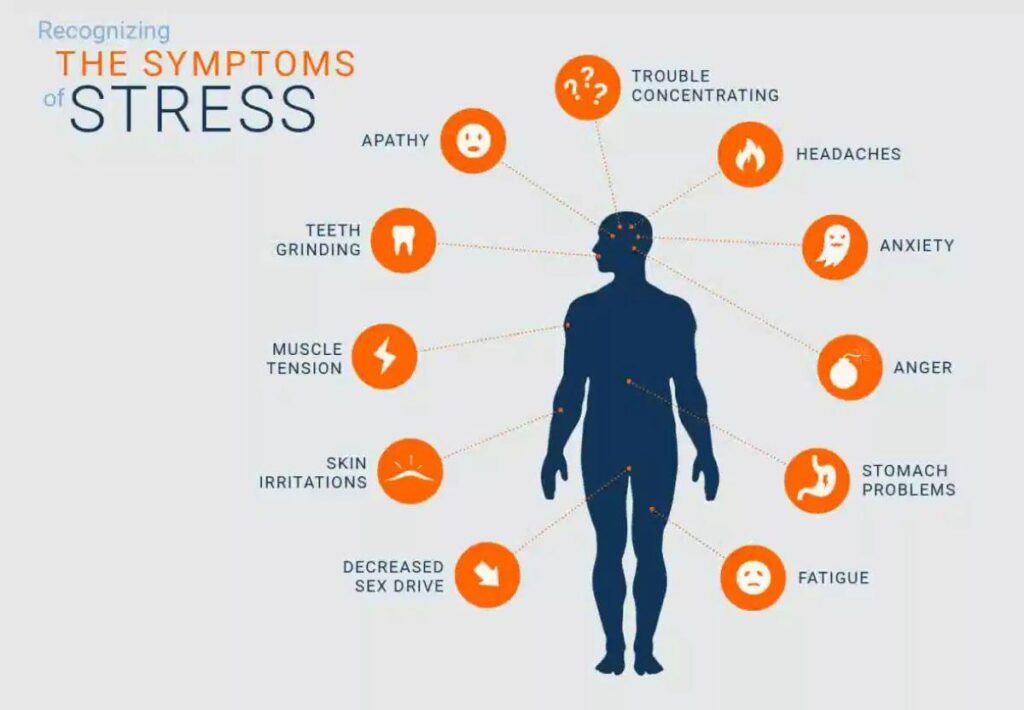In today’s fast-paced world, the pressure to perform, adapt, and overcome challenges can leave us grappling with stress that feels almost omnipresent. While a certain level of stress can be a normal part of life, chronic stress—characterized by prolonged exposure to stressors—poses a notable threat to our health and well-being. Beyond it’s immediate effects on mental clarity and emotional stability, there’s a growing body of research that suggests chronic stress might also be one of the stealthiest accelerators of the aging process. In this article, we will delve into the intricate relationship between stress and aging, exploring the biological mechanisms at play and the lifestyle changes that can help mitigate its impact. join us as we take a serious look at how the pressures of modern life might be affecting not just our mood and motivation,but also our very vitality and longevity.
Table of Contents
- Understanding the Biological Mechanisms Behind Chronic Stress and Aging
- The Impact of Chronic Stress on Mental Health and Cognitive Function
- Practical Strategies for Managing Stress and Mitigating Its Effects on Aging
- Long-Term Health Consequences: Why Addressing Chronic Stress is Crucial for Quality of Life
- Final Thoughts
Understanding the Biological Mechanisms Behind Chronic Stress and Aging
Chronic stress activates a complex interplay of biological mechanisms that can lead to accelerated aging. One of the primary pathways involves the release of glucocorticoids, hormones that help the body respond to stress. Consistently elevated levels of thes hormones can result in damage to various tissues, including the brain and cardiovascular system. Over time, this sustained hormonal response can contribute to various conditions such as:
- Increased inflammation: Chronic stress promotes a pro-inflammatory state that disrupts cellular function.
- Telomere shortening: The protective caps on the ends of chromosomes can wear down faster under persistent stress,leading to cellular aging.
- Impaired DNA repair: Elevated stress hormones can hinder the body’s ability to mend DNA damage, accelerating the aging process.
Moreover, chronic stress can significantly impact mental health, leading to cognitive decline and increasing the risk of neurodegenerative diseases. Stress affects neurotransmitter levels,disrupting the balance of serotonin and dopamine—critical for maintaining mood and cognitive function.The resulting neurobiological changes can exacerbate age-related decline and create a feedback loop of stress and dysfunction. The cumulative effects of these stress-induced alterations in brain chemistry and structure may manifest as:
- Memory impairments: Difficulty in recalling information or learning new skills.
- Emotional instability: Increased vulnerability to anxiety and depression.
- Cognitive decline: Accelerated deterioration of cognitive functions associated with aging.
The Impact of Chronic Stress on Mental Health and Cognitive Function
Chronic stress can be an insidious force, deeply affecting both mental health and cognitive abilities. When the body is persistently in a state of fight-or-flight due to stress, the brain becomes overwhelmed, leading to a cascade of detrimental effects. Key mechanisms at play include:
- Elevated cortisol levels: Prolonged exposure to this stress hormone can impair memory and learning.
- emotional dysregulation: anxiety and depression frequently enough intensify, clouding judgment and decision-making.
- Neurotransmitter imbalance: Stress disrupts the balance of brain chemicals, affecting mood and motivation.
Moreover, the cognitive toll of stress can be profound, manifesting in decreased attention span and impaired problem-solving skills. Over time, chronic stress may contribute to neurological conditions such as Alzheimer’s and other forms of dementia. Those suffering from consistent stress frequently enough experience:
- memory lapses: Short-term and working memory can decline, making it tough to retain new information.
- Slowed cognitive processing: Tasks that once felt effortless become challenging and time-consuming.
- Difficulty with multitasking: Juggling responsibilities may lead to overwhelm, further exacerbating stress.
Practical Strategies for Managing Stress and mitigating Its Effects on Aging
Effective stress management is essential for preserving both mental and physical well-being as we age. Incorporating mindfulness practices into your daily routine can significantly reduce stress levels. Consider activities such as meditation, yoga, or tai chi, which have been shown to enhance emotional regulation and improve overall mental health. Additionally, establishing a regular sleep schedule plays a crucial role in stress reduction; aim for 7-9 hours of quality sleep each night to rejuvenate your body and mind.
Social connections also serve as a buffer against stress.Actively engaging with friends and family can provide support during challenging times, helping to combat feelings of isolation. Exercise is another powerful tool; even moderate physical activity, like walking or gardening, can boost endorphins and reduce stress hormones.Lastly, cultivating a hobby or creative outlet can foster relaxation and provide a sense of purpose, creating a holistic approach to mitigating the long-term effects of stress on aging.
Long-Term Health Consequences: Why Addressing Chronic Stress is Crucial for Quality of Life
Chronic stress exerts a profound toll on both physical and mental health, often leading to a cascade of long-term health issues. prolonged exposure to stress hormones like cortisol can result in:
- Cardiovascular problems: Increased risk of hypertension, heart disease, and stroke.
- Immune dysfunction: Heightened susceptibility to infections and autoimmune diseases.
- Mental health disorders: Amplified anxiety, depression, and cognitive decline.
the implications of these stress-induced conditions extend far beyond immediate discomfort, severely affecting one’s quality of life. Moreover, chronic stress is implicated in hastening the aging process at a cellular level, leading to:
- Telomere shortening: Accelerating cellular aging and increasing the risk of age-related diseases.
- Inflammation: contributing to various chronic conditions, including diabetes and arthritis.
- Skin deterioration: Causing premature wrinkles and loss of elasticity,impacting physical appearance.
final Thoughts
As we draw this exploration of chronic stress and its link to accelerated aging to a close, it becomes increasingly clear that the impact of stress extends far beyond our immediate emotional and mental well-being. Recognizing the profound ways in which sustained stress can erode our physical health, influencing everything from cellular aging to overall longevity, is vital.
By understanding the mechanisms at play, we empower ourselves to take actionable steps towards managing stress effectively. Whether it’s through mindfulness practices, regular exercise, or seeking professional help, each small change can accumulate significant benefits over time.
The fight against chronic stress is not simply about extending lifespan; it’s about enhancing the quality of our years. Embracing a lifestyle that prioritizes stress management is an investment in our future selves. Let’s commit to cultivating a life that not only resists the clutches of stress but also celebrates well-being at every age. Remember, it’s never too late to take control of your health—so start today.







